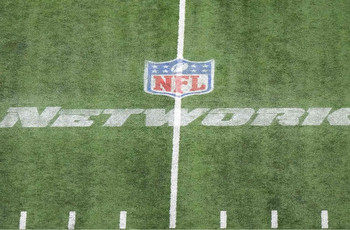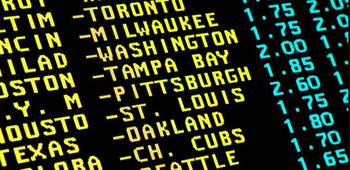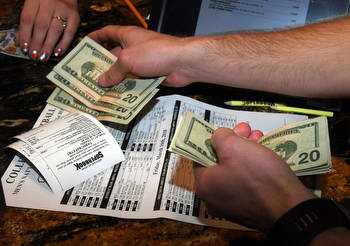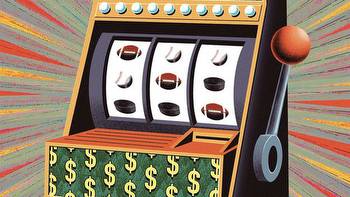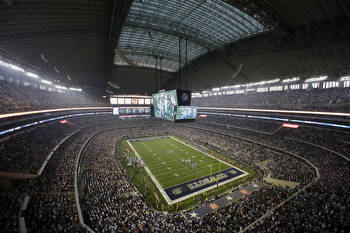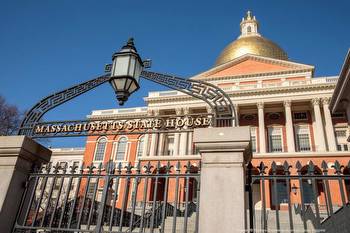Should Texas bet on online sports gambling?
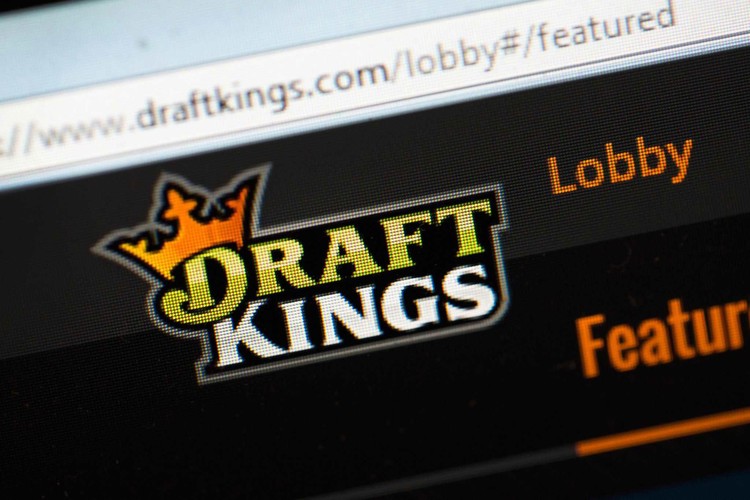
Soon, the flood may be flowing across Texas.
Senate Bill 715, filed with bipartisan support, and its companion, House Bill 1942, propose legalization, regulation and taxation of online gambling.
In Texas, the lobby for online sports betting has a powerful ally in former Gov. Rick Perry. In an online video pitch this past fall on behalf of the Sports Betting Alliance, a group consisting of several providers of legal sports betting in the U.S., Perry makes some conventional arguments for legalizing and regulating this vice.
He appeals to Texans’ sense of “individual freedom” to choose how to spend their discretionary dollars. He strikes a cautionary note about offshore entities, arguing that legalization will protect consumers by adding regulation of bad actors. And he makes the economic argument that neighboring states will collect taxes that Texas is not.
“Neighborin’ states are cashin’ in on Texans’ bets,” he chides in his chagrined way.
Those three arguments — self-determination, consumer and market regulation, and taxation — are the same ones most often used to advocate for legalizing marijuana. Although legalization of neither vice is imminent, sports betting seems closer to happening in Texas.
Besides Perry’s folksy pitch, it’s worth considering what is gained or lost by legalization versus keeping the status quo. Most other states have embraced online sports gambling while Texas still forbids it.
In February, I opened an account on one of the two most popular sports gambling sites, DraftKings. From my experience, I can confirm that it does forbid Texas-based would-be gamblers from placing bets on the site.
The site required me to download a “geo-location tracker” to my desktop computer. While a little bit creepy — my IT guy later removed it — this mandatory tracker download told me the site legitimately limits access to gambling to the 35 states where it is legal. Later, while logged in to the DraftKings site via its mobile app, I also attempted to place a bet. It again recognized my location in Texas and blocked the transaction.
This is good. Or at least I can say DraftKings is following the law when it comes to limiting betting in the state.
Having said that, there is some interesting stepping-right-up-to-the-line-without-crossing-it going on at DraftKings, which I’ll describe more in a future column.
Historic opposition slips
As of this writing, SB 715 has been assigned to the Senate’s Committee on State Affairs. Its fate in the chamber, of course, is uncertain. Lt. Gov. Dan Patrick is thought to oppose legalization of sports betting, lumping it with other vices such as casino gambling and marijuana that he says he believes are best kept out of the state, Perry’s lobbying efforts notwithstanding.
The arguments against legalizing sports gambling used to come from two primary sources.
First, of course, were industry insiders in Nevada who wanted a near-monopoly on the legalized side of the business, as sports books operated out of casinos in that state. Nevada casinos traditionally found allies in professional sports leagues that feared the immoral taint that would come from sports betting and corruption. The leagues saw scandals like the Chicago Black Sox of 1919, Pete Rose betting on his own games in 1987 and 1988, and NBA referee Tim Donaghy earning money by tipping off bookies to inside information in 2005 and 2006 as threats to their integrity. Also, in some hard-to-quantify way, until recently, we were just a more morally proscribed society when it came to personal vices like gambling.
Professional sports league opposition has completely flipped, with the leadership of the major sports teams in Dallas (NFL, MLB, NBA), Houston (NFL), San Antonio (NBA) and Austin (MLS) all backing the bipartisan legalized online sports betting legislation in the current session.
Regulation, taxation
I have mixed feelings about legalizing online sports betting, which I’ll describe later. The most compelling argument in favor, however, is a version of what Perry describes in his lobbying pitch and it has to do with regulation of corporate operators and consumer safety.
If we assume illegal operators will meet customer demand in the absence of a legal market, the industry has a good point that consumers can’t be certain whether so-called gray market operators — those that don’t block bets from states like Texas — won’t steal their money, exploit addicts, or break people’s knees when they fail to pay on lost bets. To avoid those problems, some regulation seems important.
The industry argues that even as legislators consider the optimal tax rates on sports betting, states should not set rates so high that gray market operators have a competitive advantage. The higher the taxes, the more attractive consumers will find payouts from operators working outside regulation and outside taxation. This lesson is drawn from state-by-state marijuana legalization. A black market for pot continues to exist in some states where it has been legalized and where a highly taxed and regulated market gives consumers a noticeably worse deal.
Nationwide, industry and state legislatures have battled over the right mix of taxation and regulation. Regarding tax rates, however, I suspect Texas’ current proposal is too low rather than too high.
SA INC.:
The sports betting industry lobby argues that legalized sports betting would raise $250 million per year in tax revenue in Texas. The proposed legislation calls for setting taxes at 10 percent of adjusted gross wagering revenue, which is the same rate that Kansas set, for example. By comparison, New York set a tax rate of 51 percent of gross gambling revenue.
In a related story, Kansas has raised much less tax revenue from sports betting than legislators had expected, while New York has raised much more money than initially expected. Judging from the Kansas and New York examples, the proposed tax rate for Texas is far too low. Admittedly, these are still early days of measuring this sort of tax revenue. Online sports gambling volumes have jumped dramatically in the past three years, so how much revenue states can expect is evolving.
If the Legislature passes the proposed bills this session, Texas voters would see a ballot question in November, a necessary step to legalizing sports betting.
Were I a betting man — see what I did there? — I would wager that Texas will be among the last states to legalize sports betting. We will be last on marijuana legalization also — probably only after the federal government legalizes it — and late to traditional big-time casino gambling in major cities as well.
Michael Taylor is author of “The Financial Rules for New College Graduates” and host of the podcast “No Hill for a Climber.”michael@michael
thesmartmoney.com| twitter.com/michael_taylor


